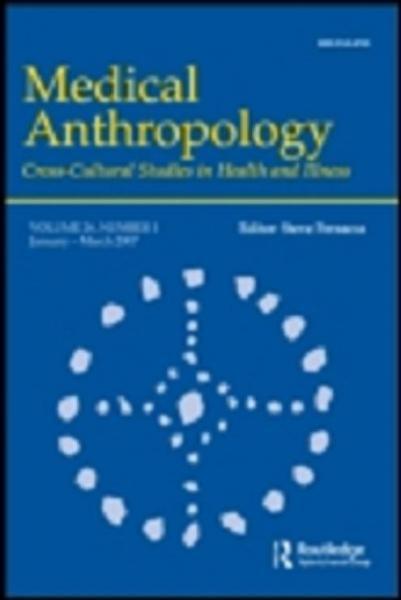Check out this special issue on Medical Anthropology, co-edited by our very own, Dr. Thurka Sangaramoorthy.
Abstract
Although the production of national spaces, citizens, and populations through enumerative practices has been well explored in a variety of disciplines, anthropological methods and analysis can help to illuminate the everyday practices of enumeration, their unexpected consequences, and the co-construction of identities through these processes by both the “counted” and the “counters.” The authors in this special issue illustrate how enumeration inflects lived experiences, produces subjectivities, and reconfigures governance. Focusing on the spatial, temporal, ideological, and affective dimensions of the techniques of enumeration, the authors also provide insights into the multiple forms of biopolitical expertise and knowledge that accumulate legitimacy through numerical discourse. They also highlight the ways in which governing structures, institutional and cultural norms, market logics, and rational–technical interventions influence the relationship among numerical categories, subjectivity, and everyday experience.



